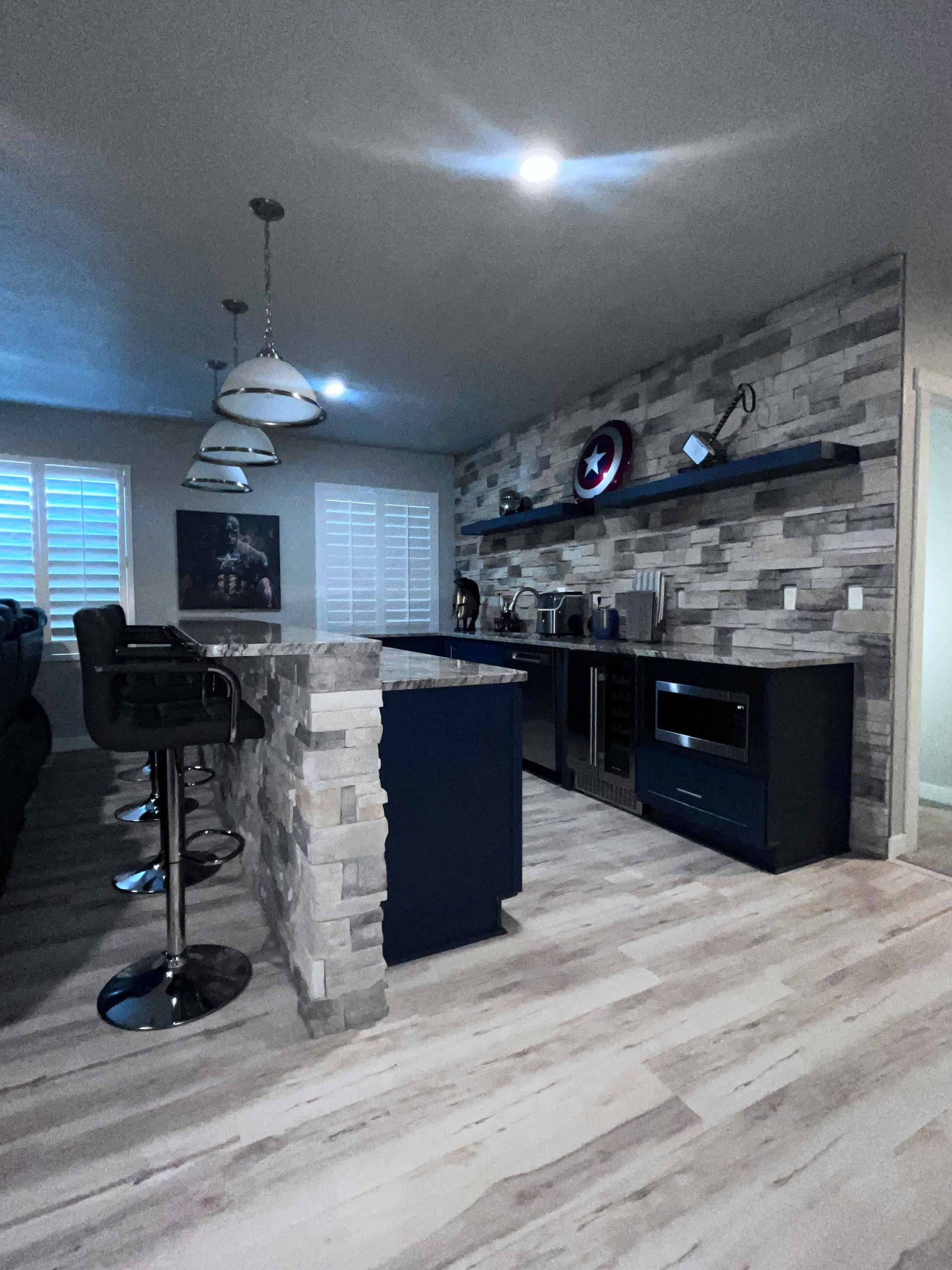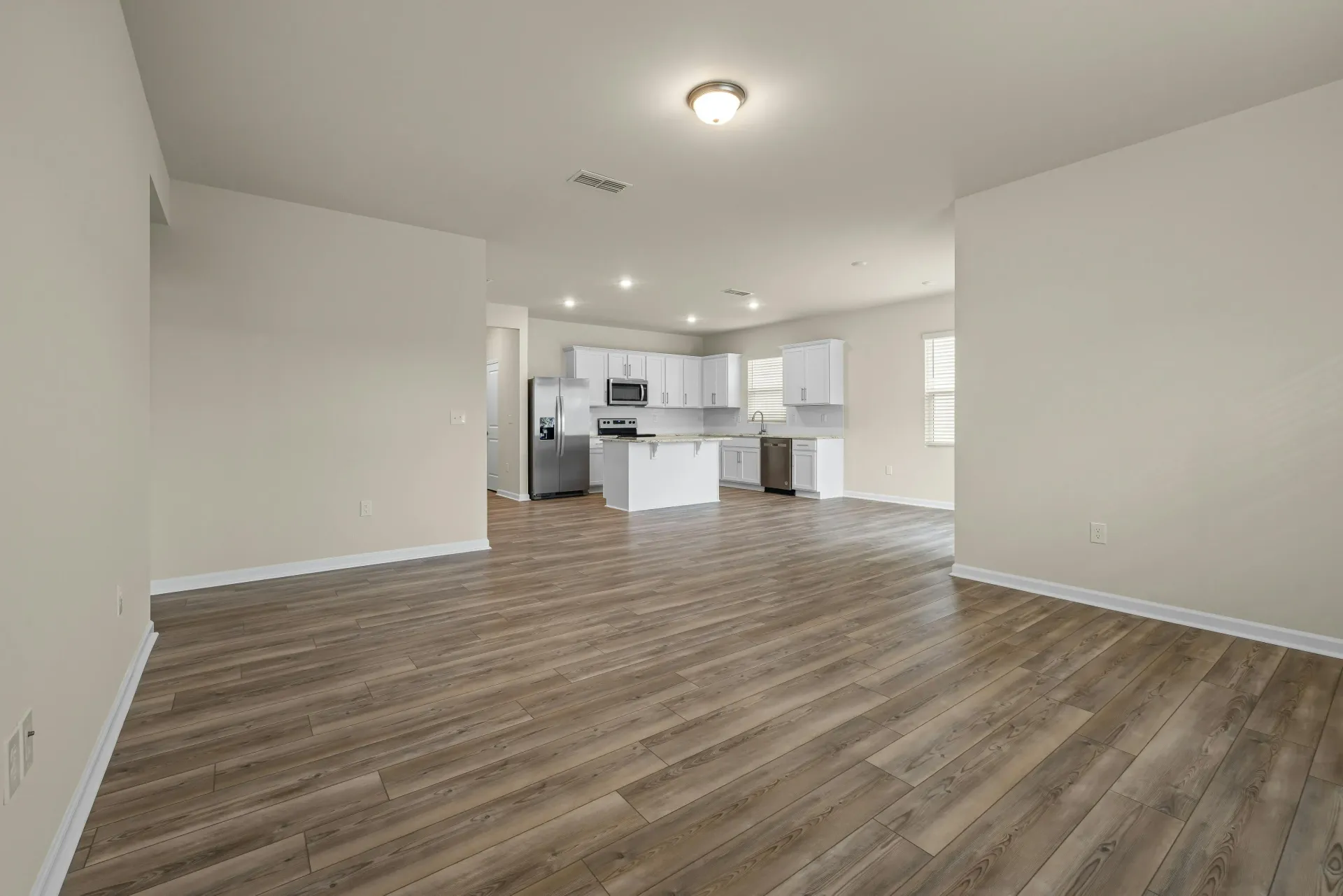What Kind of Flooring is Best for Utah Basements?
Introduction
Utah basements face a unique challenge: they need to be both comfortable and durable—especially in the face of moisture, shifting temperatures, and occasional flooding risks. Choosing the right flooring is one of the most important design and functionality decisions you’ll make when finishing or remodeling your basement.
With so many materials to choose from, how do you know which type will stand the test of time in Utah’s climate?
In this guide, we’ll explore the best flooring options for Utah basements, break down their pros and cons, and help you make an informed decision based on durability, comfort, moisture resistance, and style.
Why Flooring Choice Matters in Utah Basements
Not all basement floors are created equal—especially in a state like Utah where dry air, cold winters, and high clay content in the soil can all impact the basement environment.
A few key factors come into play:
- Moisture and groundwater risk – even dry basements can have humidity or vapor intrusion
- Insulation – basement slabs are cold; materials like concrete or tile can feel freezing without radiant heat
- Comfort and durability – flooring needs to withstand foot traffic, furniture, and sometimes pets or play areas
- Maintenance – some floors are easier to clean and more forgiving with spills
The ideal basement flooring balances function and form—giving you a clean, cozy, and low-maintenance surface that won’t suffer from moisture, warping, or mold.
Best Basement Flooring Options for Utah Homes
Below are the top flooring materials we recommend for Utah basements, based on real homeowner needs and years of experience remodeling in Salt Lake County and surrounding areas.
Luxury Vinyl Plank (LVP)
Luxury vinyl plank has become the most popular basement flooring material for a reason: it checks nearly every box.
Pros:
- 100% waterproof
- Realistic wood or tile look
- Comfortable underfoot
- Durable and scratch-resistant
- Easy to install over concrete or subfloor
- Works well with radiant heating
Considerations:
- May need a vapor barrier in high-moisture areas
- Can dent with heavy furniture if unprotected
Best For: Home gyms, playrooms, media rooms, and general living spaces
Engineered Wood (With Caution)
Engineered wood offers the beauty of hardwood but is made with a moisture-resistant core, making it better suited for basements than solid hardwood.
Pros:
- Looks and feels like real wood
- More stable in humidity than hardwood
- Adds value to the space
Considerations:
- Still not fully waterproof—avoid in high-moisture basements
- May need dehumidifier support year-round
Best For: Dry, finished basements where aesthetics are a top priority
Epoxy-Coated Concrete
For a modern, industrial look with minimal maintenance, epoxy-coated concrete is a solid choice.
Pros:
- Seamless, waterproof, and highly durable
- Resists stains, cracks, and mold
- Easy to clean
- Reflects light, brightening the space
Considerations:
- Hard surface—not ideal for play or rec rooms
- Professional installation usually required
Best For: Utility rooms, workshops, garages, modern minimalist basements
Carpet Tiles
While wall-to-wall carpet is risky in basements, carpet tiles are a great alternative. They’re warmer, softer, and can be replaced piece by piece if damaged.
Pros:
- Adds warmth and softness
- Modular design makes repair easy
- Great sound absorption
- Wide range of colors and textures
Considerations:
- Not waterproof (though some are water-resistant)
- Requires good subfloor prep and moisture control
Best For: Home theaters, bedrooms, family zones
Tile (Ceramic or Porcelain)
Tile is water-resistant and easy to clean, making it a solid basement option—especially near water-prone areas.
Pros:
- Highly water-resistant
- Durable and long-lasting
- Available in a huge variety of styles
- Great for bathrooms or laundry areas
Considerations:
- Cold and hard underfoot unless heated
- More expensive to install
- Grout lines require sealing and maintenance
Best For: Bathrooms, laundry rooms, wet bars, or combined-use basements
How to Choose the Right Flooring for Your Utah Basement
Here’s a quick step-by-step guide to help you decide.
Step 1: Know Your Basement Conditions
Is your basement prone to humidity or groundwater issues? If yes, eliminate materials that can’t handle moisture, like traditional carpet or hardwood.
Step 2: Define the Room’s Purpose
What’s the basement being used for?
- Family room: Consider LVP or carpet tiles
- Gym or utility space: Epoxy or rubber flooring
- Rental or guest suite: Engineered wood or tile
- Wet area: Go waterproof (LVP or porcelain tile)
Step 3: Consider Temperature and Comfort
Basements tend to be cooler than the rest of the home. If comfort is key, consider padded underlayment or heated flooring with tile or vinyl.
Step 4: Think About Maintenance
If you want a low-maintenance solution, vinyl and epoxy-coated concrete are top-tier. Avoid materials that need constant care or sealing.
Step 5: Match Your Budget
Vinyl plank and carpet tiles are cost-effective for large areas. Tile and engineered wood tend to run higher in price due to material and installation complexity.
Conclusion
The best basement flooring for Utah homes depends on your priorities—moisture resistance, durability, comfort, and style. For most homeowners, luxury vinyl plank offers the best all-around value. However, the right choice ultimately depends on your basement's purpose and condition.
At Foundation Finishes, we’ve helped hundreds of Salt Lake County homeowners transform their basements into warm, usable, and beautiful living spaces. Whether you're finishing a basement for the first time or upgrading your floors during a remodel, we’ll help you choose and install the right materials for your needs and budget.
Ready to get started on your basement renovation? Contact us today to schedule your free estimate and design consultation.


